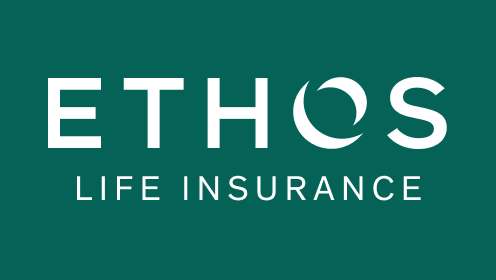If you have recently been diagnosed with cancer or have a history of cancer, your eligibility for life insurance becomes complicated. While your options may be more limited than someone without a history of cancer, there are still plenty of life insurance policies available.
In most cases, cancer patients only qualify for a guaranteed life insurance policy with limited coverage and restricted payouts during the initial years. However, cancer survivors who recovered and have been in remission for at least 5 years can get a traditional term or permanent life insurance policy, depending on the severity of their diagnosis.
Can you get life insurance if you have cancer?
If you are currently undergoing cancer treatment, then you likely won’t be eligible for traditional coverage — instead, you may have to opt for final expense insurance. Final expense insurance offers a generally low amount of coverage, but still provides funds to cover medical expenses or a funeral.
If you’re in remission, then insurers may offer you traditional coverage, but it depends on a few factors:
- The date you were diagnosed
- The type of cancer you had
- The stage of cancer you had
- Your treatment history
Before they underwrite a policy, most insurers will use guidelines from the National Cancer Institute’s “Surveillance, Epidemiology, and End Results” (SEER) database. The database includes anonymized information on millions of people who have undergone treatment for cancer and their outcomes. The report also features expected survival life tables that detail survival statistics for various groups who are in remission.
Insurers will use this information, as well as specifics about your particular case and prognosis to determine what type of policy you qualify for — or if you qualify at all.
How to get life insurance if you had cancer
Some life insurance companies may be unwilling to provide coverage for someone with a history of cancer, there are plenty of others who are willing to do so.
Get quotes from multiple life insurance companies: Each insurance company has its own underwriting guidelines, so even if one company denies you coverage doesn’t mean that all of them will. Be sure to get quotes from multiple companies so that you can compare rates and coverage options.
Apply for final expense life insurance: Final expense life insurance policies are typically more expensive than other policies and do not require a medical exam or health questions. This makes them ideal for people with pre-existing conditions like cancer.
Types of life insurance available to people diagnosed with cancer
Burial life insurance: If you can’t get traditional life insurance, you may be able to get final expense insurance. Your beneficiaries can use this insurance to pay for funeral expenses, medical expenses or other costs. However, the trade-off with final expense insurance is that the policy amounts are fairly low compared to traditional life insurance. Typically, a final expense policy may have a face value that ranges from $5,000 to $50,000.
Simplified life insurance: Simplified issue term insurance is a type of life insurance that provides insurance quickly. Most people who apply for simplified-issue life insurance have coverage right after they finish the application process. To get a simplified life insurance policy, you just need to answer a few medical questions.
Guaranteed life insurance: Another option is a guaranteed issue policy, which doesn’t involve any medical questions. You also can get a policy with a graded death benefit.
What life insurance options are available for cancer survivors?
Term life insurance: Term life insurance is usually the most affordable coverage option for a person who has been diagnosed with cancer. You will probably need to have a medical exam and answer questions about your cancer diagnosis and treatment.
Permanent life insurance: Permanent life insurance, such as whole life insurance and universal life insurance, can provide coverage as long as you keep paying the premiums.
Life insurance ratings for cancer patients
If you qualify for a policy, insurers will use different ratings to determine your premium.
These ratings include:
- Super Preferred (or Preferred Plus)
- Preferred
- Standard (or Regular)
- Substandard
The lower your rating, the higher your premium. One example is if you have a less treatable form of cancer like pancreatic cancer. That type of cancer has a one-year survival rate of only 20%. In that case, an insurer may rate you as substandard. You might not get a policy or only qualify for a more expensive policy if you have a better prognosis or an early stage of this cancer.
However, being diagnosed with certain cancers actually may not hurt your chances of getting a policy. “A history of certain types of skin cancers, such as squamous and basal cell carcinoma, when addressed, often has little to no impact on your life insurance premium,” says John Holloway, a licensed life insurance agent and co-founder of NoExam.com.
How does cancer affect your life insurance costs?
Your health classification plays a role in rates. Here are the average rates in 2022 for a 20-year term life policy worth $250,000 for a 50-year-old woman, who’s a nonsmoker:
- Preferred Plus: $675
- Preferred: $748
- Standard (regualar): $943
Rates depend on your age, gender, lifestyle choices, and of course, your health history.










